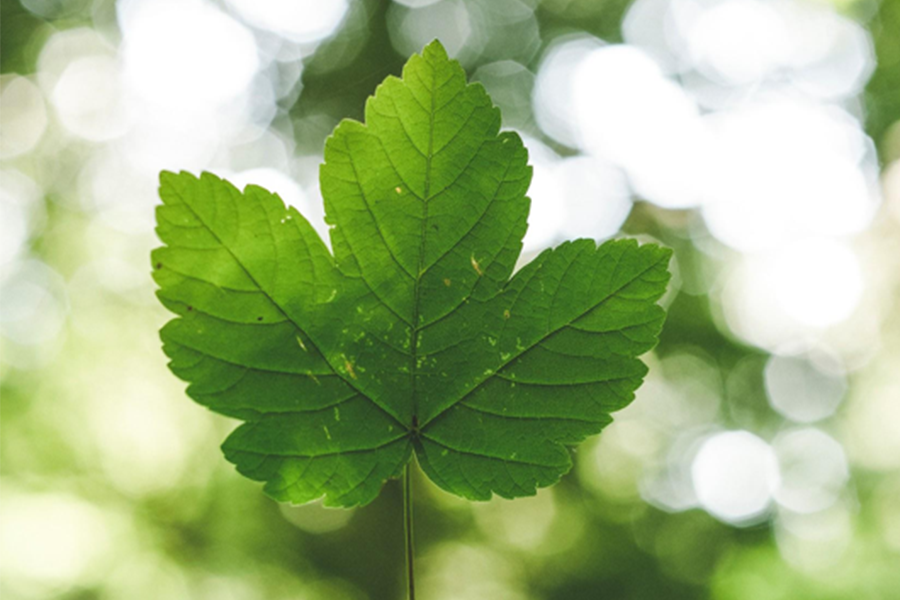
As more studies are done on the vegan lifestyle, we now know that veganism has a positive impact on more than just our health. Environmentally speaking, our world isn’t doing so great right now. And according to studies and even some recent alarming documentaries, we humans are consuming too much meat. Going vegan can indeed save our planet, one step at a time. For some facts about the positive impact of veganism on the environment and how abstaining from meat and animal, by-products can help save our planet, keep reading.
Going Vegan Conserves Water
Farming livestock takes up so much water and is also the biggest polluter of freshwater, according to the United Nations. Agriculture takes up 90% of water consumption in the US. To produce a pound of beef takes up to 200 times more water than growing a pound of plant foods.
Reduces Energy Consumption
According to UNEP, “The greenhouse gas footprint of animal agriculture rivals that of every car, truck, bus, ship, airplane, and rocket ship combined”. Producing even half a pound of beef has an emission equivalent of driving almost 10 miles. Whereas producing half a pound of potatoes equates to driving the same car 0.17 miles.
Protects Our Soil
Almost half of our planet’s land surface is covered in livestock systems. Farming takes up most of our land, and farming activities cause erosion and nutritional depletion of soil, including deforestation and desertification.
Reduces Air Pollution
Factories that house livestock often emit harmful gasses that you can even smell from a mile away. Livestock farming is related to 18% of the world’s greenhouse gas emissions. You can even see this harmful emission by a cloud of greyish-black soot coming out of these factories.
Farming livestock requires plenty of lands, energy, food, and water. Not to mention that farming also produces harmful by-products such as harmful gas emissions and waste. Global warming is not a prediction; it is already happening. As Earth is our only planet, we should all do our best to contribute to its wellness in the best way possible.
About the author:
Maja Talevska is a content curator and contributor for several different publications, including Healthcareers.co As one of her biggest passions, writing is more than just a profession, which is why she always delivers top-notch content. When she is not immersed in her work, she spends her time planning her next destination or walking her adorable dog Leo.


My family has a feedlot – there’s never been black or grey soot from there. Never. And the house is down wind of the feedlot. I live in a city now, and I have had much more of a problem with the back yard fires and grills than I ever did on the farm. Also, greenhouse gas emissions account for 14% of the emissions in the world, but in places that provide their cattle quality feed, that amount drops to 3-4%. Here’s the US EPA as a source: https://www.epa.gov/ghgemissions/sources-greenhouse-gas-emissions Next, there is a lot of space with livestock in the… Read more »